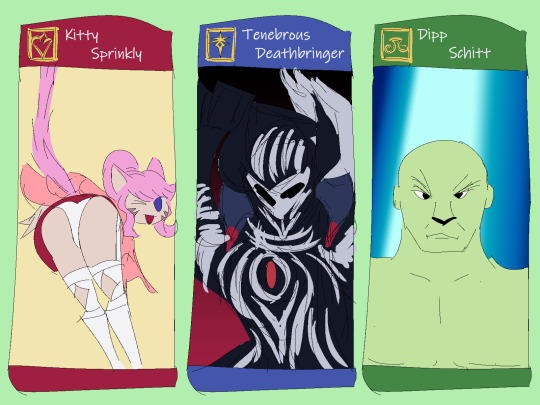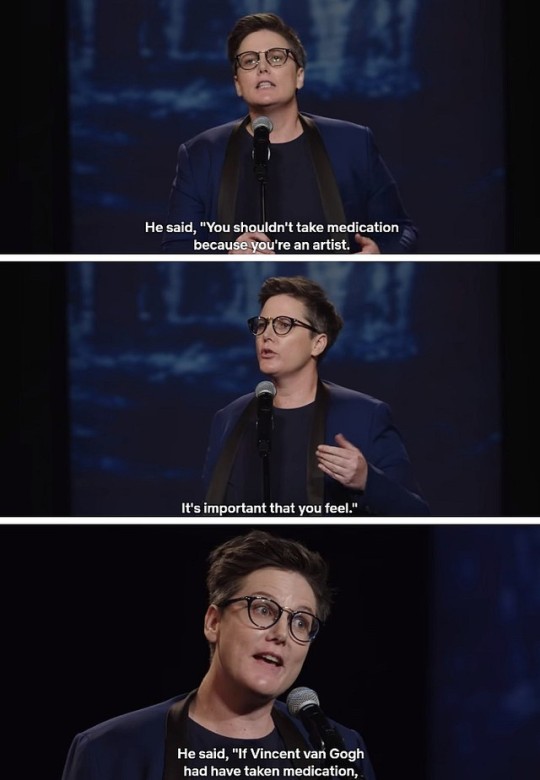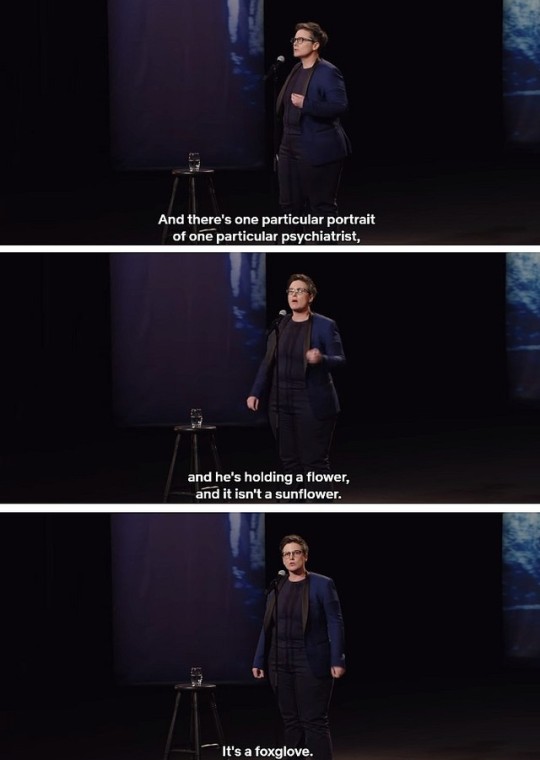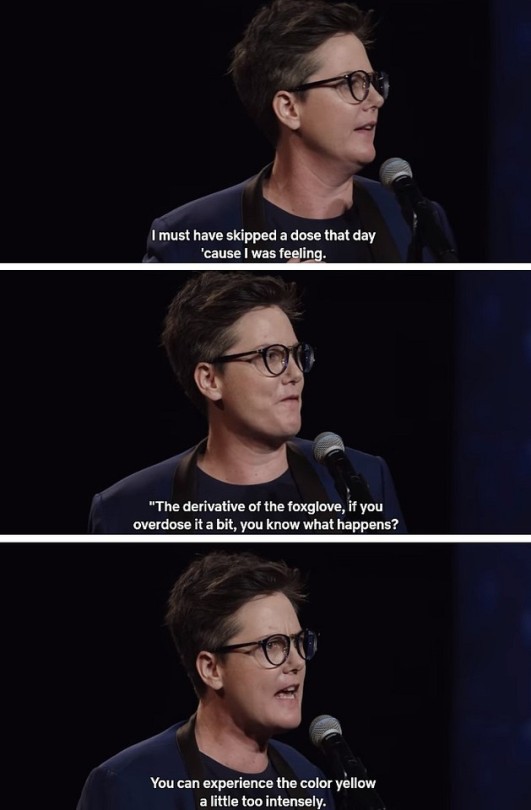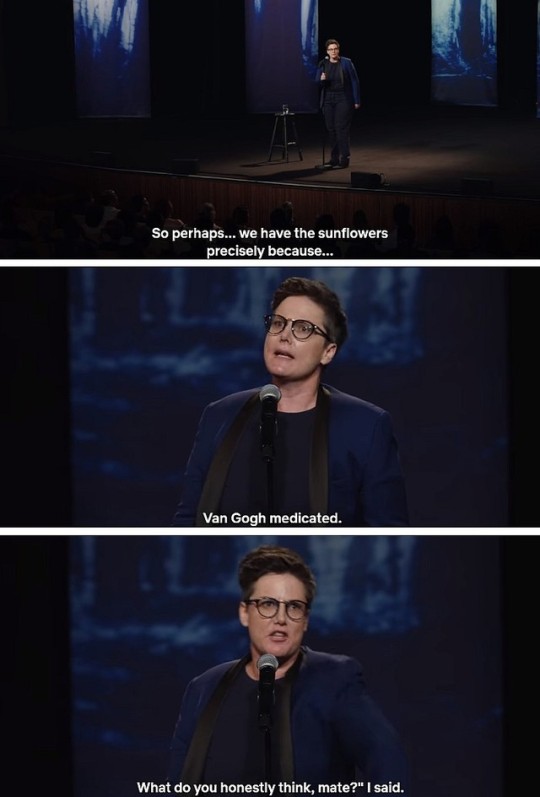Text
forget about touching grass, i need to touch THE SEA I NEED TO GO INTO THE WATER I NEED TO DIVE INTO THE SEA!!!!!!!!!!!!
121K notes
·
View notes
Text
Translation thoughts on the greatest poem of our time, “His wife has filled his house with chintz. To keep it real I fuck him on the floor”
It’s actually quite tricky to translate. Because it’s so short, each word and grammatical construction is carrying a lot of weight. It also, as people have noted, plays with registers. “Chintz” is a word with its own set of associations. Chintz is a type of fabric with its origins in India. The disparaging connotation is from chintz’s eventual commonality. Chintz was actually banned from England and France because the local textile mills couldn’t compete.
Keep it real” is tremendously difficult to translate ��� it’s a bit difficult to even define. It means to be authentic and genuine, but it also has connotations of staying true to one’s roots. Like many English slang words, it comes first from AAVE. From this article on the phrase:
“[K]eeping it real meant performing an individual’s experience of being Black in the United States. As such, it became a form of resistance. Insisting on a different reality, one that wasn’t recognized by the dominant culture, empowered Black people to ‘forge a parallel system of meaning,’ according to cultural critic Mich Nyawalo…The phrase’s roots in racialized resistance, however, were erased when it was adopted by the mostly-White film world of the 1970s and ’80s….Keeping it real in this context indicated a performance done so well that audiences could forget it was a performance.This version of keeping it real wasn’t about testifying to personal experience; it was about inventing it.”
One has to imagine that jjbang8 did not have the origins of these phrases in mind when composing the poem, but even if by coincidence, the etymological and cultural journeys of these two central lexemes perfectly reflect the themes of the poem. The two words have themselves traveled away from the authenticity they once represented, and, in a new context, have taken on new meanings – the hero of our poem, the unnamed “him”, is, presumably, in quite a similar situation.
Setting aside the question of register, of the phonology, prosody, and meter of the original, of the information that is transmitted through bits of grammar that don’t necessarily exist in other languages – a gifted translator might be able to account for all of these – how do you translate the journey of the words themselves?
In my translations, I decided to go for the most evocative words, even if they don’t evoke the exact same things as in the original. The strength of these two lines is that they imply that there’s more than just what you see, whether that’s the details of the story – what’s happening in the marriage? how do the narrator and the husband know each other? – or the cultural background of the very words themselves. I wanted to try and replicate this effect.
Yiddish first:
זייַן ווייַב האָט אָנגעפֿילט זייַן הויז מיט הבלים
צו בלייַבן וויטיש, איך שטוף אים אופֿן דיל.
zayn vayb hot ongefilt zayn hoyz mit havolim.
tsu blaybn vitish, ikh shtup im afn dil
This translation is pretty direct. There is a word for chintz in Yiddish – tsits – but, as far as I can tell, it refers only to the fabric; it doesn’t have the same derogatory connotation as in English. I chose, instead, havolim, a loshn-koydesh word that means “vanity, nothingness, nonsense, trifles”. In Hebrew, it can also mean breath or vapor. I chose this over the other competitors because it, too, is a word with a journey and with a secondary meaning. Rather than imagining the bright prints of chintz, we might imagine a more olfactory implication – his wife has filled his house with perfumes or cleaning fluids. It can carry the implication that something is being masked as well as the associations with vanity and gaudiness.
Vitish – Okay, this is a good one. Keep in mind, of course, that I’ve never heard or seen it used before today, so my understanding of its nuances is very limited, but I’ll explain to you exactly how I am sourcing its meaning. The Comprehensive Yiddish-English Dictionary (CYED) gives this as “gone astray (esp. woman); slang correct, honest”. I used the Yiddish Book Center’s optical character recognition software, which allows you to search for strings in their corpus, to confirm that both usages are, in fact, attested. It’s a pretty rare word in text, though, as the CYED implies, it might have been more common in spoken speech. It appears in a glossary in “Bay unds yuden” (Among Us Jews) as a thieves cant word, where it’s definted as נאַריש, שרעקעוודיק, אונבעהאלפ. אויך נישט גנביש. אין דער דייַטשער גאַונער-שפראַך – witsch – נאַריש, or “foolish, terrible, clumsy/pathetic. not of the thieves world. in the German thieves cant witsch means foolish”. A vitishe nekeyve (vitishe woman) is either a slacker or a prostitute. I can’t prove this for sure, but my sense is that it might come from the same root as vitz, joke (it’s used a couple of times in the corpus to mention laughing at a vitish remark – which makes it seem kind of similar to witty). I assume the German thieve’s cant that’s being referred to is Rotwelsch, which has its own fascinating history and, in fact, incorporates a lot of Yiddish. In fact, for this reason, some of the first Yiddish linguists were actually criminologists! What an excellent set of associations, no? It has the slangy sense of straightforward of honest; it has a sense of sexual non-normativity (we might use it to read into the relationship between the narrator and the husband) – and a feminized one at that; it was used by an underground subculture, and, again, the meaning there was quite different – like the “real” in “keeping it real” it was used to indicate whether or not someone was “in” on the life (tho “real” is used to mean that the person is in, while “vitish” is used to mean they’re not). It’s variety of meanings are more ambiguous than “keep it real”, which can pretty much only be read positively, and it also brings in a tinge of criminality. Though it doesn’t have the same exact connotations as “keep it real”, I think it’s about as ideal of a fit as we’ll get because it’s equally evocative of more below the surface. I also chose “tsu blaybn vitish”, which is “to stay vitish”, as opposed to something like “to make it vitish” to keep the slight ambiguity of time that “keep it real” has – keeping it real does< I think, imply that there is a pre-existing “real” to which one can adhere, so I wanted to imply the same.
The rest is straight-forward. “Shtup” is one of a few words the Comprehensive English-Yiddish Dictionary (CEYD) gives for “fuck”, and I think it has a nice sound.
Ok, now Russian
женой твой дом наполнен финтифлюшками
чтоб не блудить с пути, ебемся на полу
zhenoy tvoy dom napolnin fintiflyushkami.
shtob ne bludit’ s puti’, yebyomsya na polu
In order to preserve, more or less, the iambic meter, I made a few more changes here – since Russian, unlike Yiddish, is not a Germanic language, it’s harder to keep the same structure + word order while also maintaining the rhythm. I would translate this back to English as:
“Your house is filled with trifles by your wife. To not stray off the path, we’re fucking on the floor”
So a few notes before we get into the choice of words for “chintz” and “keep it real”. To preserve the iamb, I changed “his” to “your”. This changes the lines from a narration of events to some outside party to a conversation between the two men at the center. Russian also has both formal and informal you (formal you is also the plural form, as is the case in a number of other languages). I went with informal you because I wanted to preserve the fact that his wife has filled his house not their house, as someone pointed out in the original chain (though I don’t think that differentiation is nearly as striking in the 2nd person) and because it’s unlikely you’d be on formal you with someone you’re fucking (unless it’s, like, a kink thing). I honestly didn’t even consider making it formal, but that would actually raise a lot of interesting implications about the relationship between the speaker and the husband, as well as with what that means about the “realness” of the situation. Is, in fact, the narrator only creating a mirage of a more real, more meaningful encounter, while the actual truth – that there is a woman the husband has made promises to that he’s betraying – is obscured? that this intimacy is just a facade? Is there perhaps some sort of power differential that the narrator wishes to point out? Or perhaps is the way that the narrator is keeping it real by pointing out the distance between the two of them? there is no pretense of intimacy, the narrator is calling this what it is – an encounter without deeper significance?
Much to think about, but I actually think the two men do have history – i think the narrator remembers the house back when it was actually only “his house” and was as yet unfilled with chintz. We also don’t know what they were calling each other prior to this moment. This could be the first time they switched to the informal you.
Ok moving on, I originally translated it as “твой дом наполнен финтифлюшками жены”. Honestly, this sounds more elegant than what I have now, but I ultimately though removing the wife from either a subject or agent position (grammatically, I mean) was too big a betrayal of the original. The original judges the wife. She took an active role in filling the house. If she were made passive, that read is certainly a possible one – perhaps even the dominant one – but it could also read more like “we are doing this in a space filled with reminders of his wife and the life they share” – the action of filling is no longer what’s being focused on. Why do I say the current translation is inelegant? I feel you stumble over it a little, because it’s almost a garden path sentence. This is also an assset though. “Zhenoy tvoy dom napolnen” is a fully grammatical sentence on its own, and it means “Your house is filled by your wife” – as in English, the primary read is that the wife is what the house is full of. If the sentence makes you stumble, perhaps that’s even good – we focus, for good reason, on the relationship between the two men, but in a translation, the wife is able to draw more attention to herself.
Ok, chintz: I chose the word “финтифлюшки” (fintiflyushki), meaning trifle/bobble/tchotchke, because it, allegedly, comes from the german phrase finten und flausen, meaning illusions and vanity/nonsense. Once again, I like that the word has a journey, specifically a cross-linguistic one.
Keep it real: this one, frankly, fails to capture the impact of the original, in my opinion, but allow me to explain the reasoning. “Stray off the path” implies, again, that there is some sort of path that both the narrator and the husband were on before the wife and the chintz – and one they intend to continue taking, one that this act is a maintenance of. It brings in a little irony, since the husband very much is straying from the path of his marriage. “Bludit’“ can also mean to be unfaithful in a marriage (as, in fact, can “stray”). The proto-slavic word it comes from can mean to delude or debauch – they want to do the latter but not the former.
As for register – “shtob” is a bit informal. I would write the full version (shto by) in an email, for example. The word for fuck, yebyomsa, is from one of the “mat” words, the extra special top tier of russian swears, definitely not to be said in polite company (and, if you are a man of a certain generation or background, not in front of women; it’s not that the use of mat automatically invokes a male-only environment, but if we’re already thinking that deeply about it. But while we’re on the topic, i will say that in my circles in the US, women use mat much more actively than men (at least in front of me, who was, up until recently, a woman and also a child).)
Ok i think that’s all the comments i have!
5K notes
·
View notes
Text



Mob in the style of Serial Experiments Lain, or so I tried heh
19K notes
·
View notes
Text
My personal top 10 Manga
Number 1: Fullmetal Alchemist

Great art, amazing story and characters, I wouldn’t change anything about it. And the Anime is amazing as well.
Number 2: BLAME!
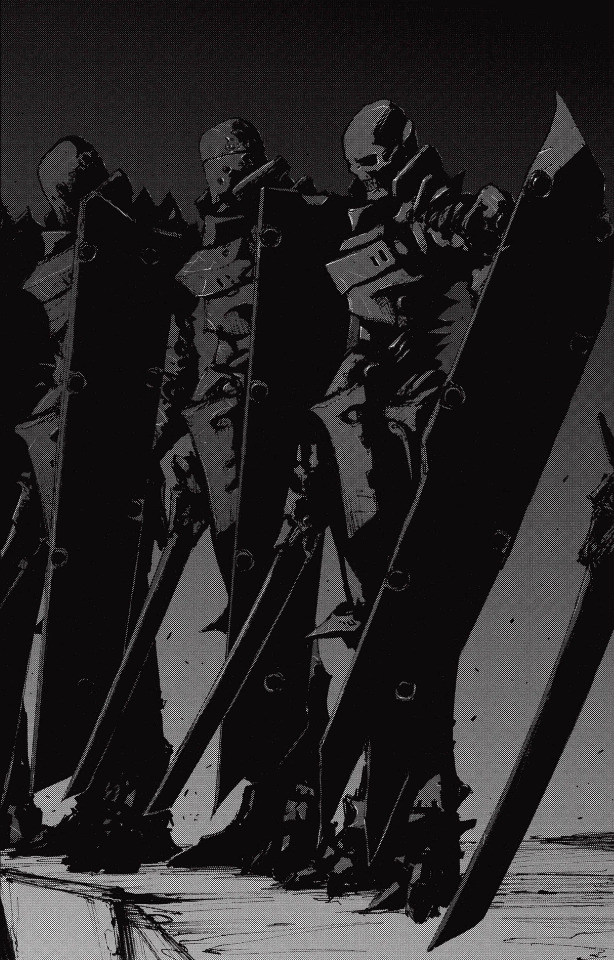
I just love the art-style and the whole setting, the story is pretty minimalist but that only makes it more intriguing to me.
Number 3: Yokohama Kaidashi Kiko
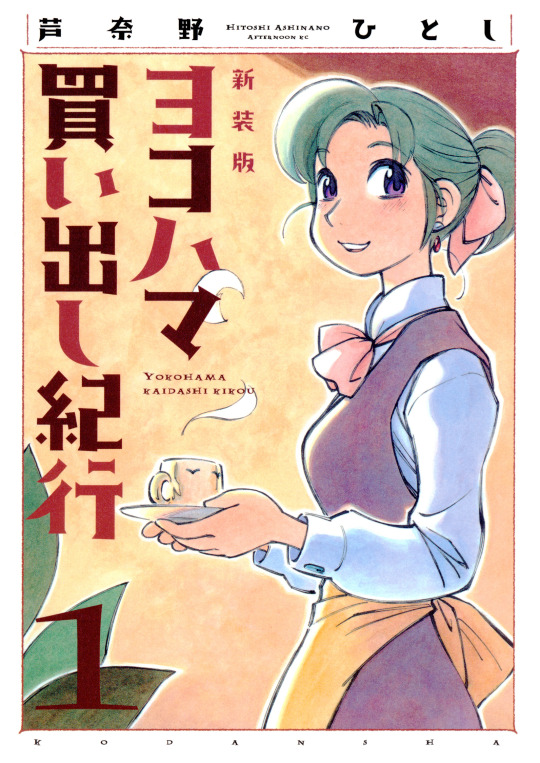
One of the calmest and most relaxing manga I’ve ever read and I frequently come back to it.
Number 4: Vinland Saga

Seeing the protagonist going from some violent edgelord to one of the most gentle and kind characters imaginable is a journey everyone should experience.
Number 5: Dorohedoro

I have never seen so many charming characters in a single manga… especially not in a manga as violent as this one… the explicit content warning ain’t no joke.
Number 6: Land of the Lustrous

Everything about this manga is so… unique. From the setting to the art style. Also: great anime that is quite unique as well and has a great soundtrack.
Number 7: Gangsta

At first glance Gangsta is just a violent and depressing manga but if you take a closer look you’ll find that it’s deeper far more nuanced than you might expect.
Number 8: The Girl From the Other Side: Siúil, a Rún

An art-style unlike anything I’ve ever seen in manga and a gripping story,
definitely worth the read.
Number 9: Girls’ Last Tour

You’d be forgiven thinking this is something along the lines of Girls and Panzer… instead you get one of the most fundamentally hopeless manga ever written, and yet it’s overall not a sad manga. (this one’s anime also has a very nice soundtrack)
Number 10: Witch Hat Atelier

This one would probably be higher on the list if the story was a bit further along. As it stands right now the story is promising and certainly pretty good but it’s still very much at the beginning. But the art, good lord the art. The breathtaking art-style alone makes it a joy to read this manga.
#can vouch for half of these#character driven and just the right amount of exposition with gr8 art and good balance of calm and drama#i would add mushishi to this list i think it would fit well#bookmark for later#anime
2K notes
·
View notes
Photo


Heya! I wanted to share some things I use regularly to encourage/help others feel more confident at editing their screenshots! This is Photoshop-focused. I currently use PS CC 2019, but worked with CS5 + CS6 in the past.
* I don’t know how these look on reshade/gshade/etc filters. I assume they’ll look okay after adjusting/deleting a ton of layers! But my PSD is specifically geared to build from default exports.
Gif Tutorial
Gif Tips
Depth of Field Tutorial
Rim Lighting Tutorial
Gpose Lighting
Gpose Lighting 2
➤ My base PSD + Gradients/Light Pack + 7-in-1 PSD Pack
➤ Richness Action || Film Look Action || Free Actions
TO LOAD AN ACTION: Window > Actions > ≡ Icon > Load Action
TO USE AN ACTION: Click on the tab with the >, not the folder.
Request board for touch-ups!
Definitely don’t download the free copy of PS from this post.
➤ Don’t be scared to edit actions or PSDs after you play/add them.
If fact, PLEASE do. An action or PSD are great starting points, and won’t work for every screenshot. Try deleting, duplicating, or adjusting layers. Add adjustments below or above the action/psd folder to help combat changes that are too harsh or not enough.
Keep reading
633 notes
·
View notes
Text
I don't want to cite my references. I want a puppet rat to pop up from the bottom of the screen holding a sign saying "It's True!"
21K notes
·
View notes
Text
Poem: Oh Rascal Children Of Gaza by Khaled Juma
Oh rascal children of Gaza.
You who constantly disturbed me
with your screams under my window.
You who filled every morning
with rush and chaos.
You who broke my vase
and stole the lonely flower on my balcony.
Come back,
and scream as you want
and break all the vases.
Steal all the flowers.
Come back..
Just come back..
713 notes
·
View notes
Text
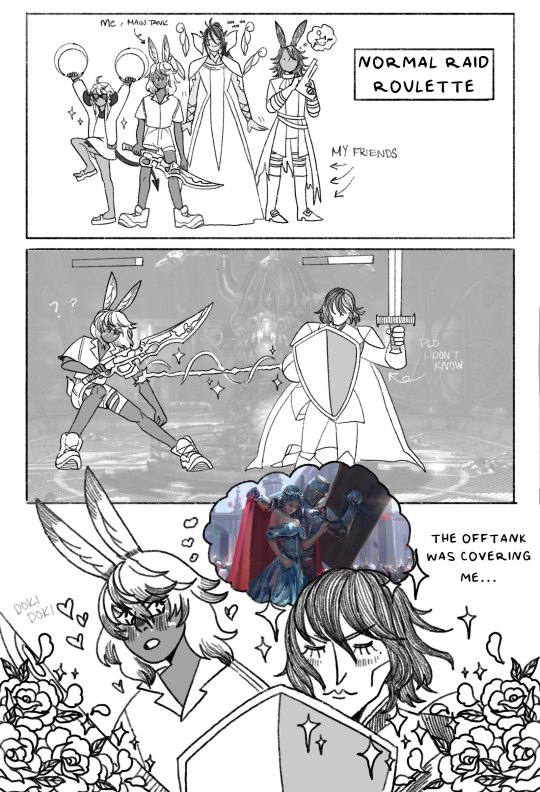
handsome stranger
#ffxiv#meanwhile me putting my oblation out on the main tank like tossing them a cartoon character bandaid
1K notes
·
View notes
Text
“There are two ways to escape suffering. The first is easy for many: accept the inferno and become such a part of it that you can no longer see it. The second is risky and demands constant vigilance and apprehension: seek and learn to recognize who and what, in the midst of inferno, are not inferno, then make them endure, give them space.”
— Italo Calvino, Invisible Cities
7K notes
·
View notes
Text

POV: you’ve been stationed at Camp Dragonhead and your commanding officer seems like a really nice guy but you think he might be a little repressed because it’s Coerthas and everyone dresses in like a hundred layers all the time and anyway this one adventurer rolls up in slightly tight pants one day and your commander spends the next few weeks making this face and muttering shit like “splendid” under his breath
565 notes
·
View notes
Text
I love when you can say words for linguistic concepts instead of examples, like greeting someone by saying “greetings” or apologizing by saying “apologies”. Try filling a lull in conversation by saying “pleasantries” or “small talk”
12K notes
·
View notes
Note
Do you ever talk to your mutuals?
not really i just post things and hope they fall in love with me
114K notes
·
View notes
